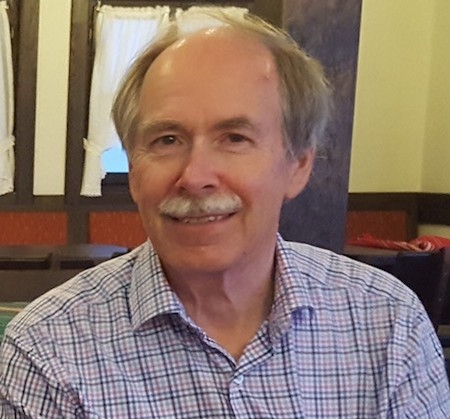Scientists get more bang for their buck if given more freedom

Multi-national study challenges long-held assumptions about efficiency.
23 May 2018
Smriti Mallapaty
Scientists are more efficient at producing high-quality research when they have more academic freedom, according to a recent study of 18 economically advanced countries. Researchers in the Netherlands are the most efficient of all.
The existence of a national evaluation system that is not tied to funding was also associated with efficiency, the study finds.
The analysis challenges the prevailing view that competition for funding and strong university management drive efficiency. “For both variables we find the opposite,” says Peter Van den Besselaar, an informatics researcher at VU University Amsterdam, the Netherlands, who co-authored the paper with Ulf Sandström at KTH Royal Institute of Technology, Sweden.
Pros and cons of competition
Until recently, studies into research efficiency usually looked at the attributes of countries that scored highly when measuring their inputs (funding) against their outputs (publications) in absolute terms. Van den Besselaar and Sandström looked instead at relative changes, to gauge a system’s efficiency at converting additional funding to additional publications.
Specifically, they assessed how a change in spending on higher education between 2000 and 2009 contributed to a change in authorship in the top 10% of highly cited papers in the Web of Science database. In this assessment, the Netherlands scored the highest, with a funding-to-publication ratio of 2.67, followed by Belgium.
see full text
The full article can be downloaded from here
